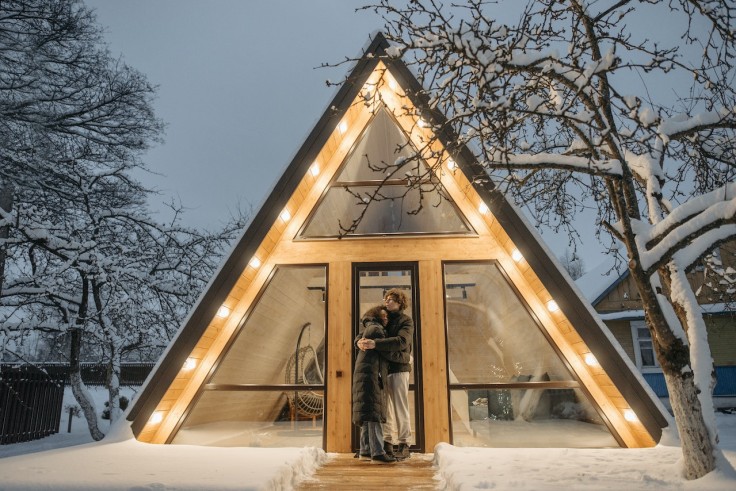
Everyone enjoys feeling comfortable in their own house. A family's health and comfort depend on having a reliable heating system.
It takes more than just having heating and cooling equipment in your house to have good heating, ventilation, and air conditioning (HVAC). Do you have enough radiators and thermostats? Does your HVAC system use enough energy for your lifestyle? Was the heating system taken into consideration when the building was constructed?
In this article, we'll focus on the two most popular types of heating systems to make it easier for you to decide which is best for your lifestyle.
We have compiled everything you need to know about heat pumps and furnaces (via CNET and Forbes), which you can read below:
What Is a Heat Pump?
A heat pump is a device that moves heat from a cold area to a warm one using electricity. Traditionally, heat pumps work best in regions with mild winters.
Heat pumps are more flexible in providing indoor comfort since they can function as air conditioners and heaters at different times of the year. This implies that residents of warmer climes can effectively heat and cool their homes with merely a heat pump system.
What Is a Furnace?
Most homeowners are more familiar with a furnace than any other kind of heating equipment. Furnaces work better in northern climates since they can heat your home more effectively during colder winters.
You will need a separate air conditioner because furnaces only provide heat.
Cost
A heat pump installation is typically less expensive. When taking the cost of installation into account, there are other things to keep in mind. You might discover that a furnace is less expensive if your home already has direct access to natural gas. A house without access to natural gas, on the other hand, will probably have to pay extra for the furnace installation.
Energy Efficiency
Heat pumps merely transfer heat, whereas furnaces produce it. As a result, heat pumps often use less energy. But it's also important to note that the energy efficiency of the two will also depend on where you live.
Lifespan
In most situations, a furnace has a longer projected lifespan. A heat pump's lifespan is about 15 years if it is well maintained. Since furnaces typically operate more simpler than heat pumps, they can last longer. A well-maintained furnace will typically last up to 20 years before needing to be replaced by the homeowner.
Maintenance
In comparison to a heat pump, a furnace requires less maintenance. Most of the time, all it takes to maintain a furnace operating smoothly and efficiently is routine filter changes and internal vacuuming.
For heat pumps, homeowners should keep pumps clear of ice and snow during the winter, make sure there is nothing hindering the airflow around the heat pump, change air filters once a month, and clean the coils whenever they are dirty.
Performance
The performance of furnaces and heat pumps depends on where you live. A furnace is a preferable option if you reside in an area where the winters are very cold. However, a heat pump is probably going to perform better in your home if you reside somewhere with mild temperatures.









